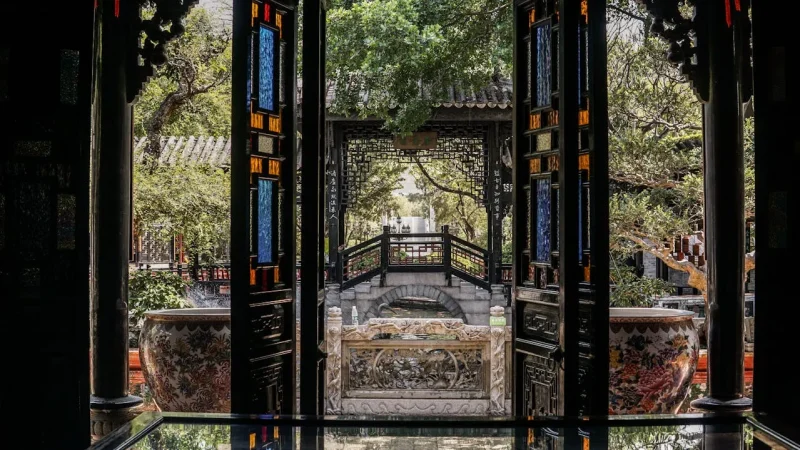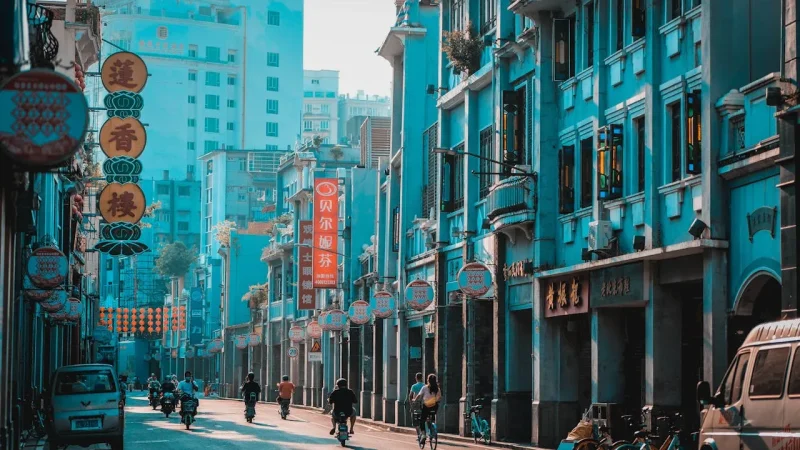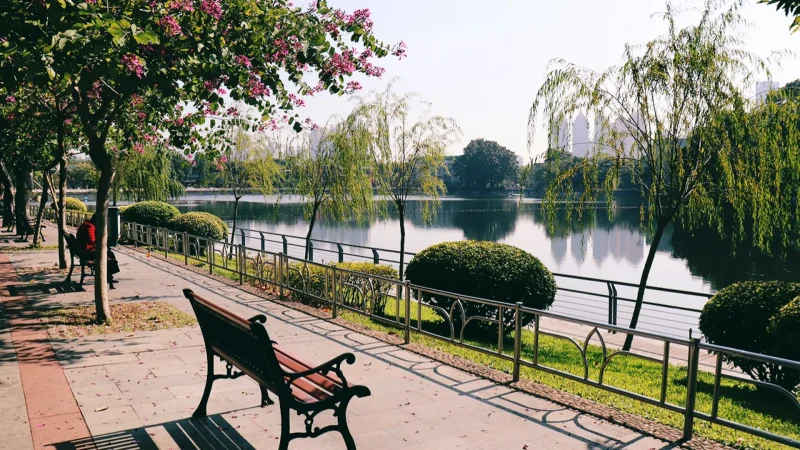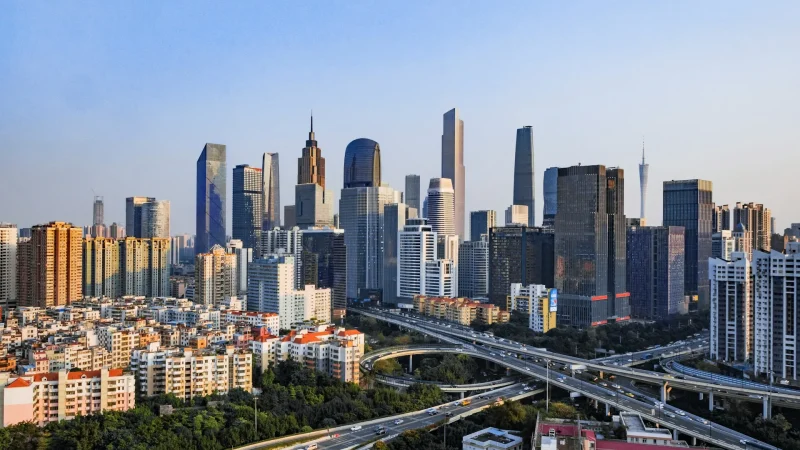Guangzhou












City introduction
Guangzhou is the central city in the Guangdong–Hong Kong–Macau Greater Bay Area, the world’s most populous metropolitan area, encompassing nearby cities such as Foshan, Dongguan, and Shenzhen, with a total population of around 70 million. It is part of the Pearl River Delta Economic Zone and holds subprovincial status, recognized as one of China’s nine National Central Cities. In the late 1990s and early 2000s, an influx of sub-Saharan African migrants moved to Guangzhou, largely due to the Asian financial crisis. By 2008, domestic migrants accounted for 40% of the city’s total population. The real estate market in Guangzhou is among the most expensive in China.
As of the 2020 census, Guangzhou’s registered population was approximately 18.7 million, with 16.5 million living in urban districts. Due to COVID-19 travel restrictions, Guangzhou Baiyun International Airport briefly became the world’s busiest airport by passenger traffic in 2020. Guangzhou ranks as the fifth most populous city in China.
The city is renowned for the annual Canton Fair, the largest trade fair in China. Forbes recognized Guangzhou as the best commercial city in mainland China from 2013 to 2015. It is classified as an Alpha (global first-tier) city and is a significant finance hub in the Asia-Pacific region, ranking 21st globally in the 2020 Global Financial Centres Index. Guangzhou has hosted major sporting events, including the 2010 Asian Games and the 2019 FIBA Basketball World Cup, and is home to 65 foreign representatives, making it the third-largest host city in China after Beijing and Shanghai.
In research and development, Guangzhou ranks 8th globally and 4th in the Asia-Pacific, housing many prestigious universities, including Sun Yat-sen University and South China University of Technology. Additionally, it ranks 10th in the world and 5th in China for billionaire residents, according to the Hurun Global Rich List.
Guangzhou is the primary manufacturing hub of the Pearl River Delta, a key commercial and manufacturing region in mainland China. In 2021, its GDP reached ¥2,823 billion (approximately US$444.37 billion), making it the second-largest economy in South-Central China, following Shenzhen. The city’s GDP per capita stood at ¥151,162 (around US$23,794), reflecting its status as one of the most prosperous cities in China. According to the Hurun Global Rich List 2020, Guangzhou ranks 10th in the world and 5th in China for the number of billionaires, trailing only Beijing, Shanghai, Hong Kong, and Shenzhen.
Looking ahead, Guangzhou is projected to be among the top 10 cities globally in nominal GDP by 2035, alongside Shanghai, Beijing, and Shenzhen. Its nominal GDP per capita is expected to exceed US$42,000 by 2030. In terms of financial competitiveness, Guangzhou ranks 21st globally and 8th in the Asia and Oceania region in the 2020 Global Financial Centers Index, positioned between Washington, D.C., and Amsterdam. The city’s robust economy and financial standing highlight its significance on both national and global stages.
City Economy
City industries
City climate
humid subtropical climate
Guangzhou has a humid subtropical climate, influenced by the East Asian monsoon, despite its location just south of the Tropic of Cancer. The summers are characterized by high temperatures, high humidity, and a significant heat index, while winters are mild and comparatively dry. The monsoon season lasts from April through September, contributing to the city’s rainfall. Monthly average temperatures range from 13.8 °C (56.8 °F) in January to 28.9 °C (84.0 °F) in July, with an annual mean temperature of 22.4 °C (72.3 °F). Autumn, from October to December, is moderate, cool, and windy, making it the best time for travel. The relative humidity in Guangzhou is around 76 percent, and the annual rainfall in the metropolitan area exceeds 1,950 mm (77 inches).